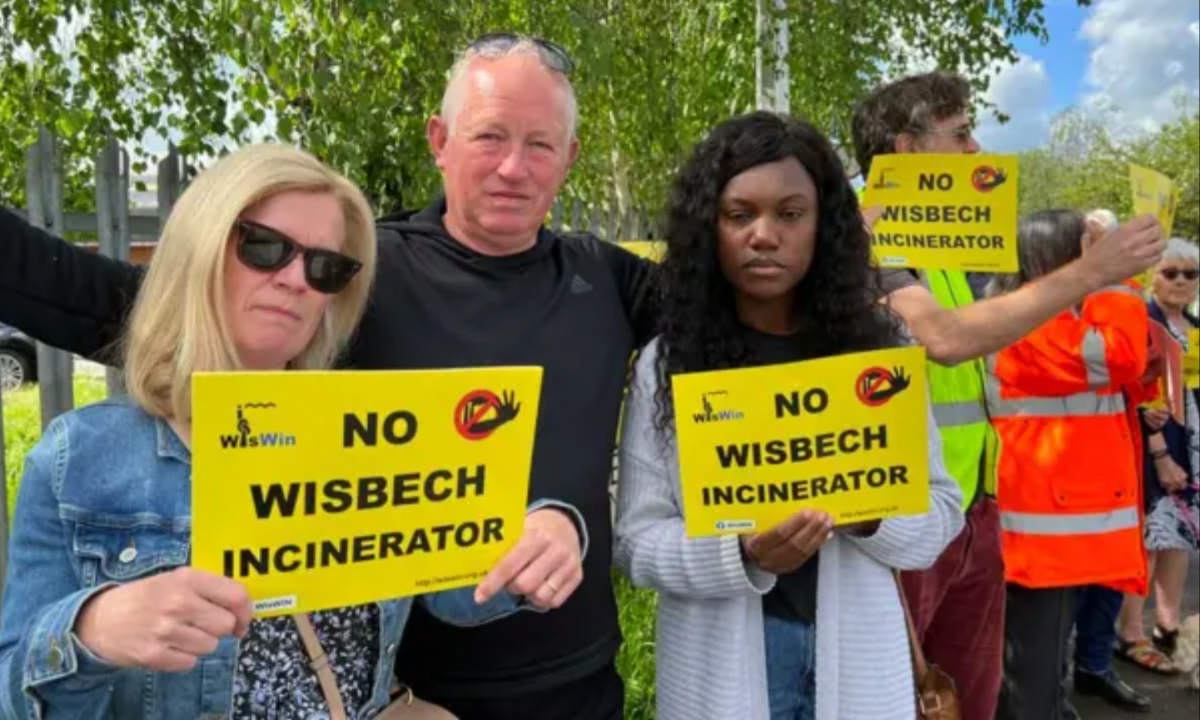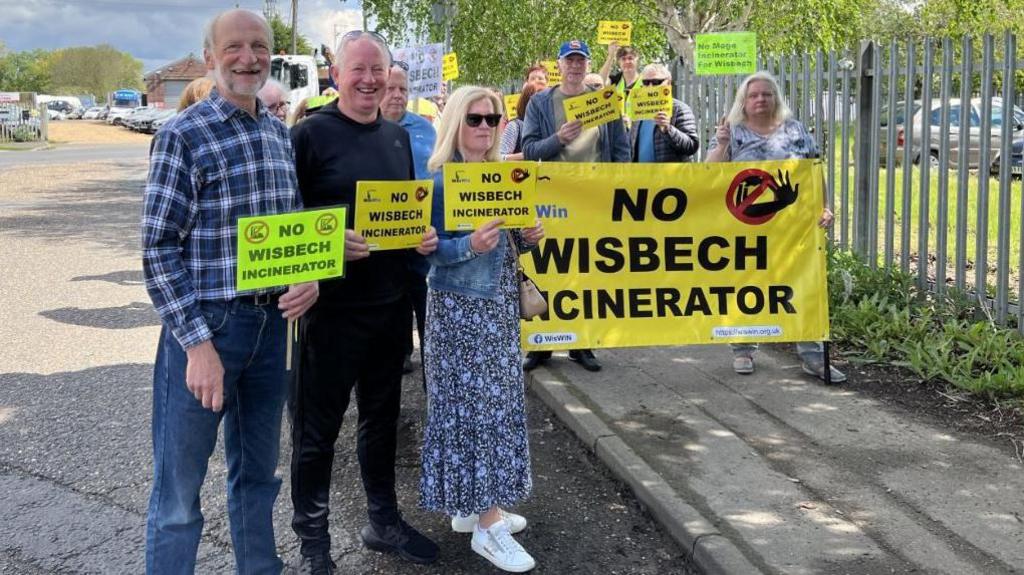Labour is facing significant opposition across the UK over its plans to build over 40 new waste incinerators designed to burn household and commercial waste. These energy-from-waste plants are controversial, with critics labeling them the “dirtiest” form of energy production. Many of these plants, some capable of incinerating over 500,000 tonnes of waste per year, are being proposed for areas already facing economic challenges. Local communities are particularly concerned about the environmental and health risks associated with these projects.
The UK already has around 50 operational waste incinerators, and new planning approvals have been granted for 41 additional facilities. Of these, 27 have received environmental permits, and some are already under construction. As public concern rises over the environmental impact of these incinerators, government ministers are expected to announce new measures to limit their growth. Campaigners are calling for the revocation of permits for plants that have not yet been built and a complete ban on any future projects.
Shlomo Dowen, from the UK Without Incineration Network, argues that the proliferation of incinerators is problematic, as they burn waste that could be recycled or composted. He highlights that incinerating plastic releases significant amounts of carbon dioxide, contributing to the UK’s greenhouse gas emissions. Dowen and other experts warn that the continued reliance on waste incineration undermines the country’s efforts to build a “circular economy” focused on waste reduction, recycling, and product longevity.

The environmental impact of waste incineration is a major concern. A recent analysis showed that burning waste generates greenhouse gases comparable to those produced by coal power, making incinerators a serious threat to climate goals. While Scotland and Wales have already banned new incinerators due to these concerns, the Labour government is pushing ahead with plans for new facilities in several regions of England, including Dorset, Wiltshire, Cambridgeshire, and West Yorkshire.
Local activists, including independent councillor Tristan Learoyd from Teesside, have expressed frustration over the government’s support for these projects, which they see as “greenwashing” that hampers recycling and exacerbates climate change. The approval of a £150m incinerator near the Weymouth National Sailing Academy has drawn criticism from local athletes, who fear the plant’s emissions will degrade air quality and harm their training environment. This decision, made by the Labour government despite opposition from local councils, has prompted a legal challenge by campaigners.
In areas like Wisbech, Cambridgeshire, residents are also pushing back against new incinerator projects. The approval of one such project, which is expected to bring hundreds of lorry movements each week, has sparked outrage among locals, who worry about its economic and environmental impacts. Despite these concerns, the Department for Environment, Food and Rural Affairs defends the role of incinerators in reducing waste sent to landfills, while emphasizing their role in the country’s energy generation mix, which contributes 3% to the UK’s overall capacity.

